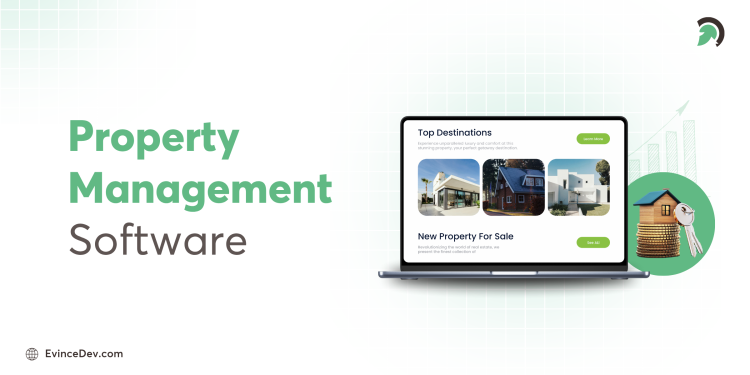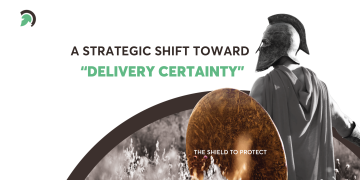Managing residential, commercial, or mixed-use properties requires attention to detail, constant communication, and streamlined systems. Manual tracking and outdated spreadsheets no longer suffice in an increasingly digital world. This is where Property Management Software (PMS) comes into play. In this comprehensive guide, we’ll explore what property management software is, who it’s for, its core features and benefits, and how to choose the best platform for your needs.
What is Property Management Software?
It’s a digital platform that enables landlords, property managers, and real estate firms to handle day-to-day tasks efficiently. It help manage rental listings, tenant applications, lease tracking, maintenance requests, rent collection, accounting, and much more often from a single dashboard.
The software is typically designed for:
- Individual landlords managing multiple units
- Property management firms handling portfolios for clients
- Real estate investors
- Housing cooperatives and HOAs
The property management software market was valued at $1.73 billion in 2022 and is projected to grow to $2.71 billion by 2030, reflecting a compound annual growth rate (CAGR) of 5.73% over the forecast period.
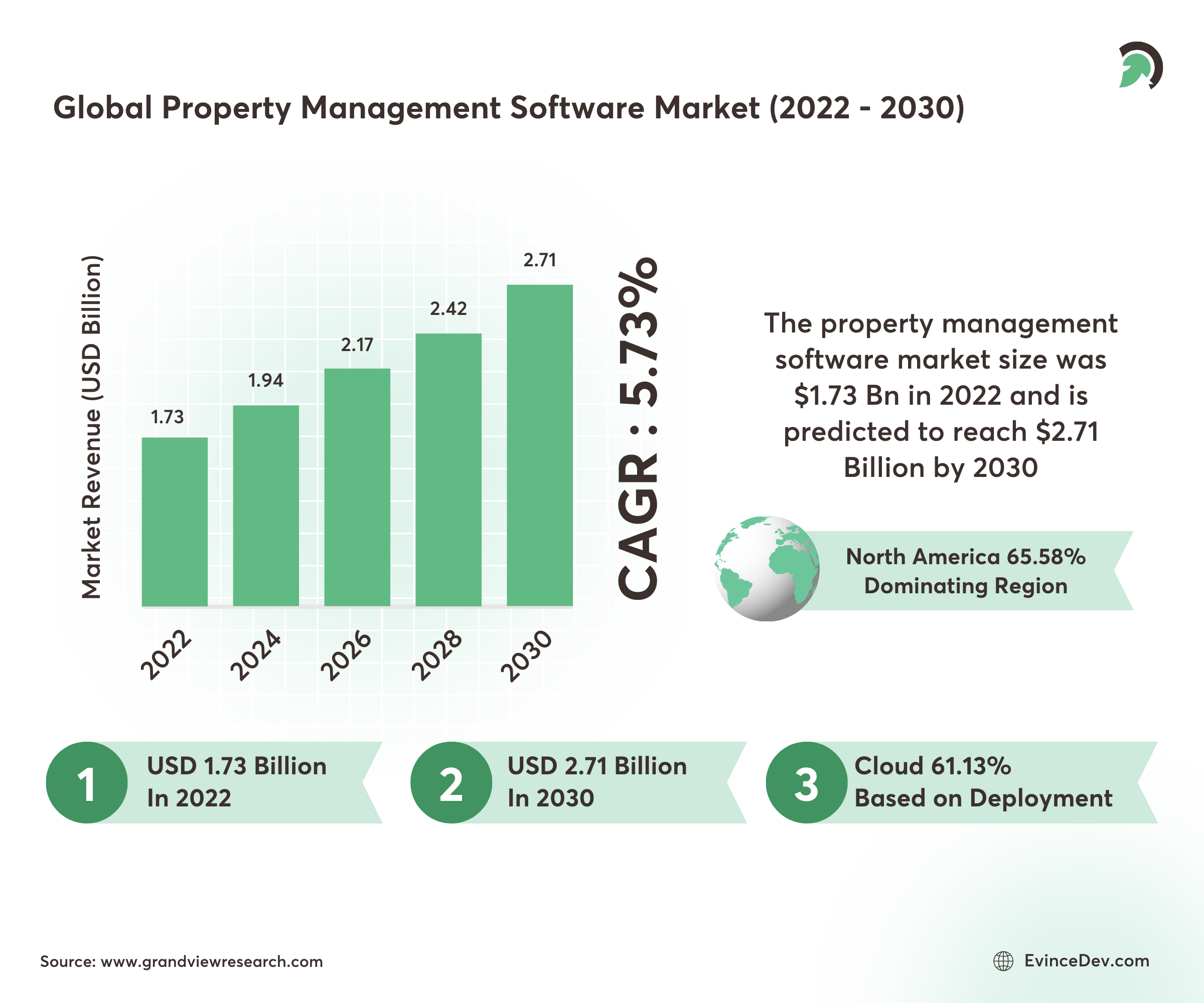
Core Features of Property Management Software
Upgrade your property management with a feature-packed software! From automated rent collection and maintenance tracking to real-time accounting and CRM integration everything you need to run your properties seamlessly in one place.
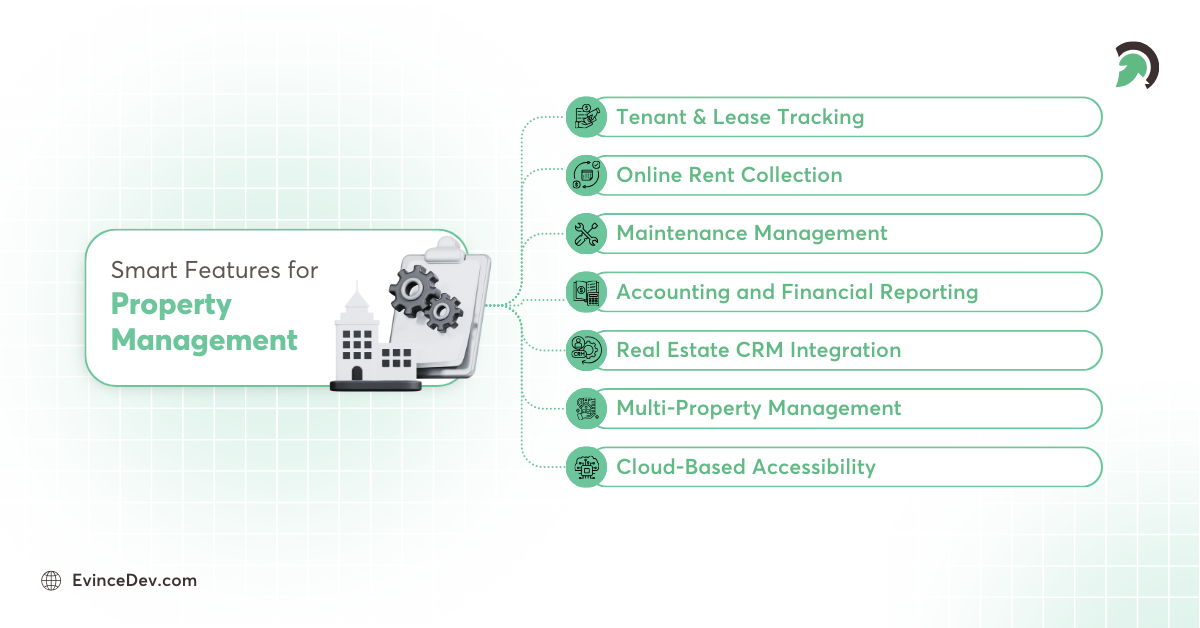
Tenant & Lease Tracking
A reliable property management system lets landlords track tenant information, digitally lease start and end dates, renewals, and uploaded documents all in one place. Automated reminders reduce the risk of missing deadlines or lease expirations. It enhances organization and ensures better tenant relationships through timely updates and transparent lease terms. Tenant & lease tracking tools can also assist with compliance by storing important legal documents in a centralized, accessible format.
Online Rent Collection
Modern tenants expect online payment convenience. With property management software, you can offer rent collection through ACH, debit/credit cards, and mobile wallets. It can automatically apply late fees, generate receipts, and send reminders reducing manual follow-ups. Online rent collection streamlines payment processes, improves cash flow, and reduces missed payments. Some platforms offer recurring payment setup and integration with accounting software for real-time financial visibility.
Maintenance Management
Maintenance request handling becomes more efficient with built-in ticketing systems. Tenants can submit repair requests via a portal or mobile app, and property managers can track, prioritize, and assign tasks to maintenance staff. Notifications can be sent to tenants about progress updates. A good PMS provides a complete maintenance history for each property, helping with recurring issues and budgeting. It improves tenant satisfaction and keeps properties in top shape.
Accounting and Reporting
Integrated accounting modules eliminate the need for separate financial software. Property management tools offer income and expense tracking, automated invoicing, P&L statements, and even tax-ready reporting. Bank reconciliation tools help ensure accuracy. It allow for easy financial oversight, reducing errors and saving time during audits or tax season. Property managers can generate detailed reports by unit, property, or portfolio to make data-driven decisions confidently.
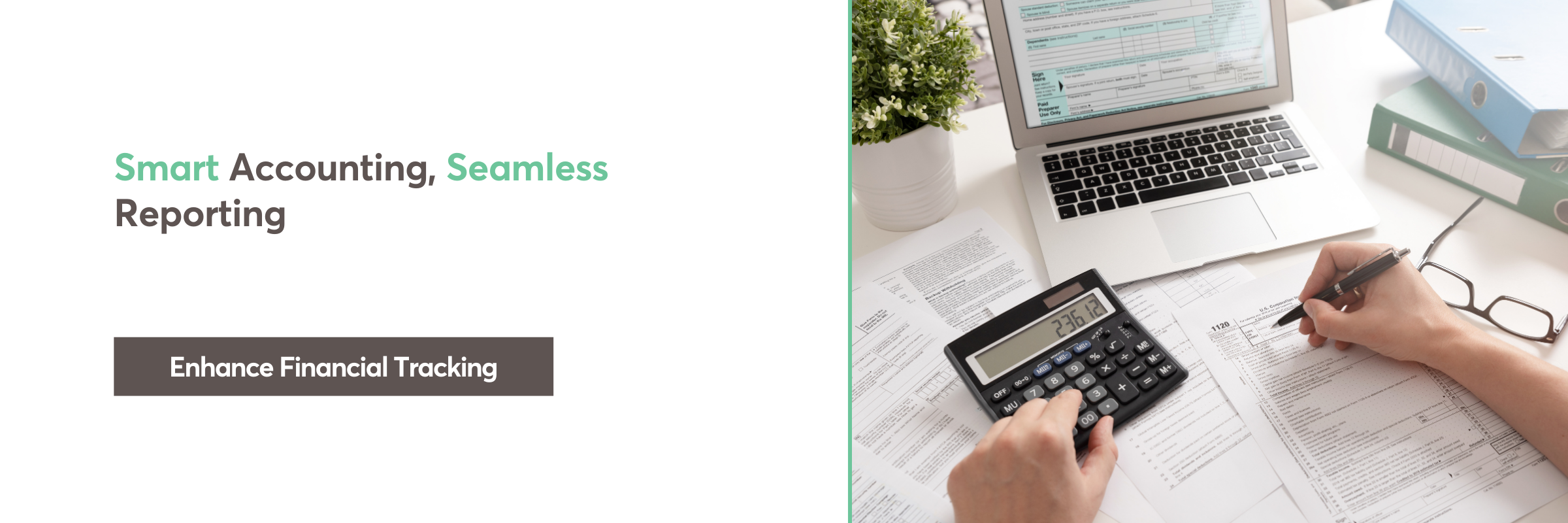
Real Estate CRM Integration
A dedicated Real Estate CRM streamlines property management by enhancing lead tracking, client interactions, and deal management. Real estate professionals can manage inquiries, follow up with prospects, and automate communication, ensuring no missed opportunity. With built-in analytics, agents and property managers can gain insights into customer behavior and property performance, helping them make data-driven decisions.
Communication Tools
Effective communication is essential for tenant retention and property performance. Property management software typically includes built-in messaging tools, allowing property managers to send updates, rent reminders, or emergency alerts directly through the platform. Document sharing and email templates streamline communication workflows. Having a centralized communication log reduces misunderstandings and improves response times. Whether it’s routine announcements or urgent updates, communication tools foster better landlord-tenant relationships.
Multi-Property Management
Property management software simplifies handling multiple properties from a single platform. Whether managing residential, commercial, or mixed-use properties, a robust PMS allows landlords and property managers to oversee various units, tenants, and leases simultaneously. Features like bulk updates, unified reporting, and consolidated financial tracking ensure operational efficiency and consistency across your entire portfolio. With multi-property management capabilities, you can scale your operations without sacrificing control or performance.
Cloud-Based Accessibility
Cloud-based property management software offers unparalleled convenience and flexibility. With data stored securely online, landlords and property managers can access critical information anytime, anywhere, from any device. It supports remote work, collaboration with team members, and efficient management of properties spread across different locations. Additionally, cloud-based systems ensure real-time data updates, automatic backups, and enhanced security protocols, providing peace of mind and streamlined operations.
Benefits of Using Property Management Software
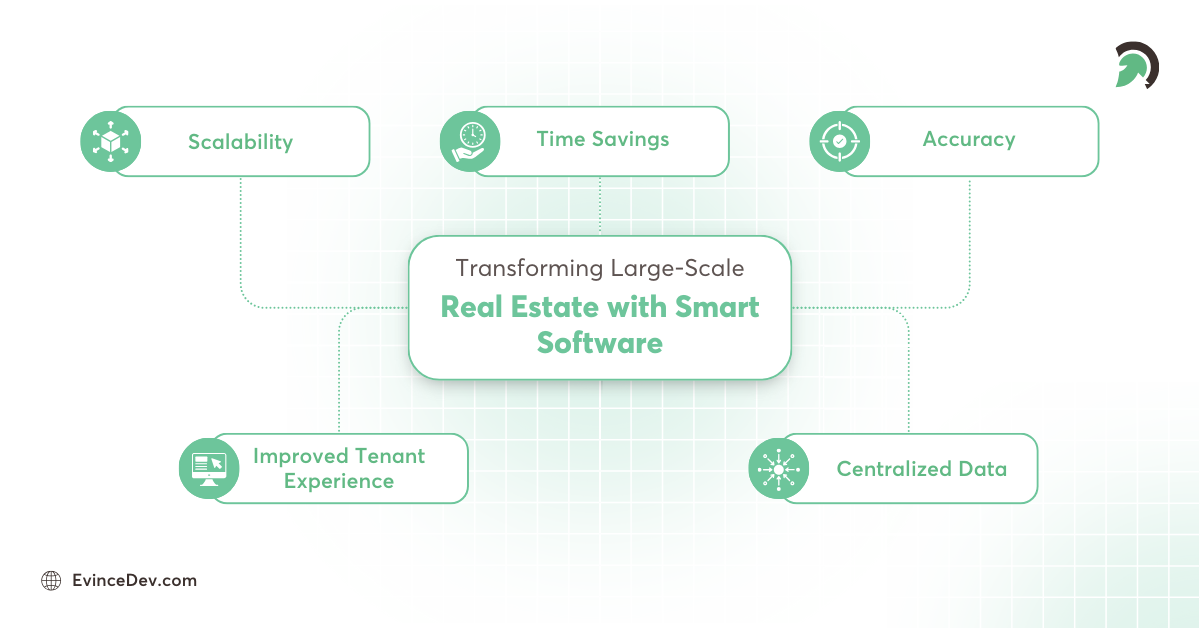
Scalability
A good PMS grows with your business. Whether managing 10 or 1,000 units, property management software provides tools that scale automating core tasks, centralizing information, and streamlining communication so you can handle more properties without proportionally increasing your workload or team size.
Time Savings
Property management software automates repetitive tasks like rent reminders, invoicing, and maintenance follow-ups. This reduces administrative burden and frees up time for property managers to focus on more strategic responsibilities, helping teams operate more efficiently and maintain better responsiveness to tenant needs.
Accuracy
By automating financial operations, property management tools minimize the risk of human error in billing, reporting, and recordkeeping. Automated calculations and reporting features help ensure precise income, expenses, and tax-related data tracking, resulting in more excellent financial reliability and smoother audits or year-end closing.
Improved Tenant Experience
Tenants appreciate digital convenience. Property management systems allow them to pay rent, submit maintenance requests, and access lease documents online. It enhances transparency, reduces frustration, and improves communication between tenants and property managers, ultimately supporting higher retention and tenant satisfaction.
Centralized Data
All tenant, property, and financial information is stored securely in one place, accessible from any device. It supports better decision-making, audit trails, and compliance while reducing the chaos of paper records or scattered spreadsheets that can delay processes and increase risk.
Who Should Use Property Management Software?
- Solo landlords looking to simplify management tasks
- Property management companies aiming to scale
- HOAs and housing cooperatives needing centralized systems
- Commercial property operators managing complex lease structures
Modules to Implement in Your Rental Property Management System
Implementing the right modules ensures your property management system covers every critical aspect of operations. Here are key modules to consider:
Tenant Management Module: Stores tenant profiles, lease agreements, ID documents, and rental history. Track move-in/out dates, deposits, and lease renewals.
Lease & Contract Management: Digitally manage lease generation, e-signatures, expiration alerts, and contract renewals. Automate compliance reminders and document storage.
Rent Collection & Payment Gateway: Enable automated invoicing, online rent payments, late fee calculation, and receipts. Integrate with payment gateways (ACH, credit card, wallet).
Maintenance Request Management: Tenants submit repair requests via the portal/app. Managers assign tasks, track progress, and maintain service logs for transparency.
Accounting & Financial Reports: Track income, expenses, and vendor payments, and generate P&L reports. Integration with tools like QuickBooks ensures seamless financial oversight.
Property Listings & Marketing: Syndicate available units to platforms like Zillow, Trulia, or Facebook Marketplace. Include media-rich listings, applications, and inquiry tracking.
Communication Module: Facilitate real-time communication between tenants, landlords, and vendors via in-app messaging, announcements, and automated notifications.
Document Management: A centralized repository for storing lease agreements, ID proofs, inspection reports, and legal notices secured with access control.
User Roles & Permissions: Allow role-based access for landlords, managers, agents, and maintenance staff to safeguard sensitive data and define workflows.
Dashboard & Analytics: Real-time metrics on occupancy, rent status, maintenance volume, and financials. Customizable dashboards for decision-making and performance tracking.
How to Choose the Right Property Management Software
- Define your property type (residential, commercial, mixed)
- Assess your portfolio size and growth expectations
- Identify key features you need (e.g., rent collection, maintenance tracking)
- Evaluate ease of use and onboarding support
- Check for third-party integrations
- Compare pricing tiers and hidden costs
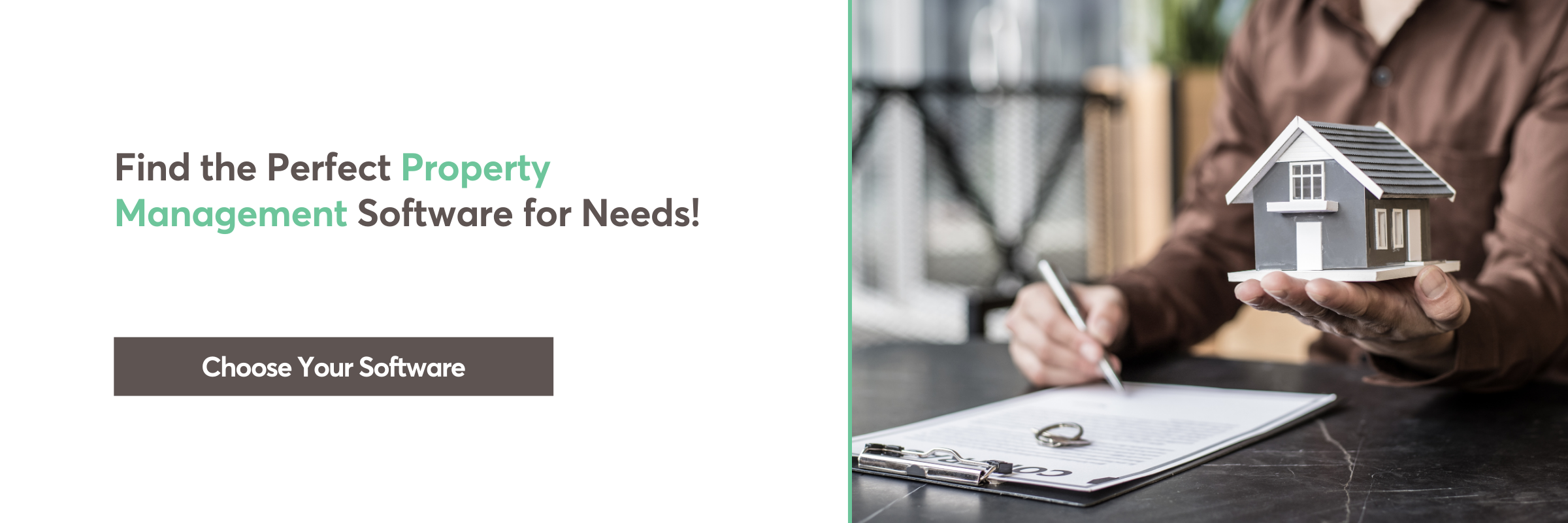
Future of Property Management Software
AI & Predictive Analytics
Artificial intelligence is shaping the future of property management by enabling predictive analytics for rental pricing and maintenance forecasting. It help property managers make data-driven decisions, anticipate repair needs before they become costly, and adjust rental rates based on market trends maximizing revenue while reducing operational inefficiencies.
IoT Integrations
Internet of Things (IoT) devices like smart locks, thermostats, and energy meters transform property management. It allow remote access control, utility monitoring, and real-time issue detection, improving tenant comfort and reducing maintenance costs. IoT also supports energy efficiency initiatives and enhances security across multi-unit properties.
Virtual Assistants
AI-powered virtual assistants streamline communication by handling routine tenant inquiries, maintenance updates, and appointment scheduling. It reduce the need for constant manual responses, allowing property managers to focus on critical tasks. Virtual assistants are becoming essential for delivering prompt, consistent support while improving overall tenant satisfaction and engagement.
Ready to Transform Your Property Management?
Property Management Software is more than just a digital tool it’s a strategic asset for efficient, scalable, and transparent real estate operations. Whether you’re managing five units or five hundred, the right PMS can reduce your workload, boost your revenue, and deliver a better experience for tenants and stakeholders alike.
At EvinceDev, we specialize in delivering cutting-edge property management software in the USA, built to match the needs of landlords, property managers, and real estate professionals.
Book your FREE Consultation today and discover how EvinceDev can help you modernize your property operations with scalable, secure, and intelligent solutions.
